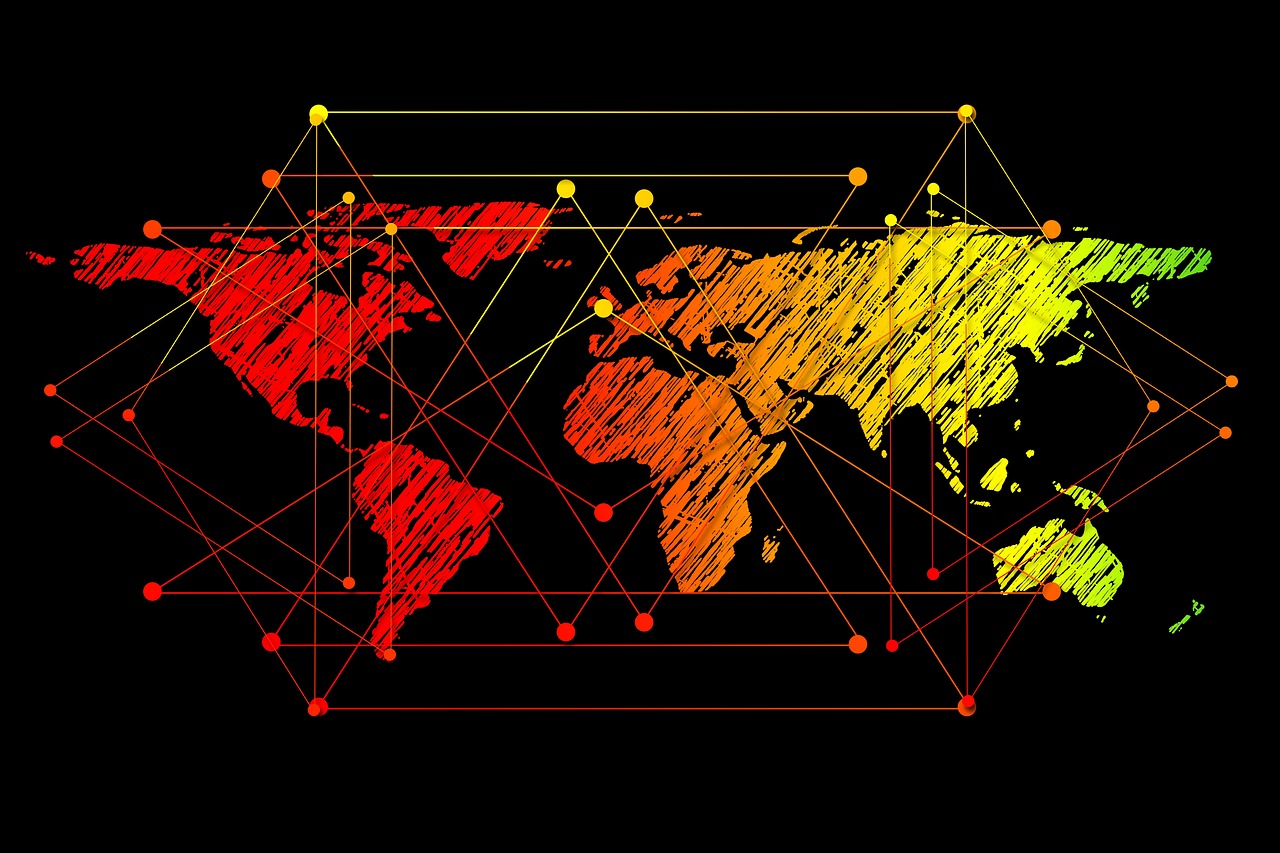Eighty per cent businesses that trade overseas plan to grow their global footprint further in the next five years, according to new research.
According to the findings, a quarter (23%) of UK-based businesses that trade internationally have experienced an increase in overseas activity and a further quarter have increased their targeting of new international markets since 31st January 2020 – when the UK left the EU.
When asked what their biggest barriers were to overseas growth in the next 12 months, almost two in five (39%) stated supply chain issues, over a third (36%) said rising business costs, a quarter (26%) said labour shortages and 23% said overseas conflict.
The research, by The Translation People, has revealed the ambitions of international companies and the changes they have made to their operations since Brexit and the Covid-19 pandemic.
Commenting on the impact the pandemic had on operations, more than three quarters (77%) said remote working has made them realise they don’t need to travel internationally as regularly, and as such 65% of businesses are actively reducing air travel to lower their carbon emissions. However, this has put greater reliance on online communications channels and services which allow companies to easily liaise with overseas teams.
Other focuses for businesses include international team rapport, with respondents saying they increasingly find themselves with remote and international teams due to their growth. As a result, 78% said it is important to produce e-learning modules in employees’ home language to achieve staff morale and engagement, and 84% said they believe employee wellbeing is increased when staff have access to content in their own language. However, 66% said this is a challenge for their business.
The findings of the research have now been used in an industry-facing report, which explores the challenges and opportunities currently faced by international businesses and how this is impacting their day-to-day operations.
Alan White, business development director for The Translation People, said: “The last few years have seen a plethora of challenges for businesses. Brexit, the Coronavirus pandemic, war in Ukraine, rising material costs, cost of living crisis and the effects of climate change have combined to create a particularly turbulent landscape.
“This might have left many business owners wondering what their next steps should be to protect their people, their profits and the planet – but the results of the research actually paint a fairly positive picture of business intention today.
“Whether it’s reconsidering travel, training their teams or improving their marketing materials, businesses have strategies in place to continue capitalising on all the benefits international trade brings with it.”
To overcome the challenges identified in the research, a fifth of businesses said that over the next 12 months they’re going to explore tools and services like remote interpreting and live captioning for the first time. On top of that, a third of businesses (33%) currently use multilingual voiceover and subtitle translations, which can be used for content such as training videos, and will continue to for the next 12 months. Almost six out of ten businesses (57%) now use multilingual voiceovers and subtitling for staff-facing content and meetings, and a further 16% will use it for the first time in the next 12 months, with
Finally, 65% of international businesses already invest in marketing and design translation services, and a further 15% will for the first time in the next 12 months, with 75% saying they have seen an increase in international sales and conversions when marketing materials like their website, social media, packaging and apps are localised into the language of the target audience.
White continued: “Despite all the challenges that businesses have faced, they continue to adapt and are making clear plans for growth in the coming years, utilising different services – like translation – to achieve their targets.
“Our role now is to continue providing insight and guidance on how different approaches to translation can support operations so businesses to navigate these uncertain times and achieve their overseas objectives. Doing so will help ensure the UK remains at the epicentre of international trade for the long term.”
The Translation People conducted research with 500 individuals in senior positions within business, who have a direct involvement in international trade, including business owners, export managers, sales directors, finance directors, marketing directors, logistics managers, operations managers and HR managers.







